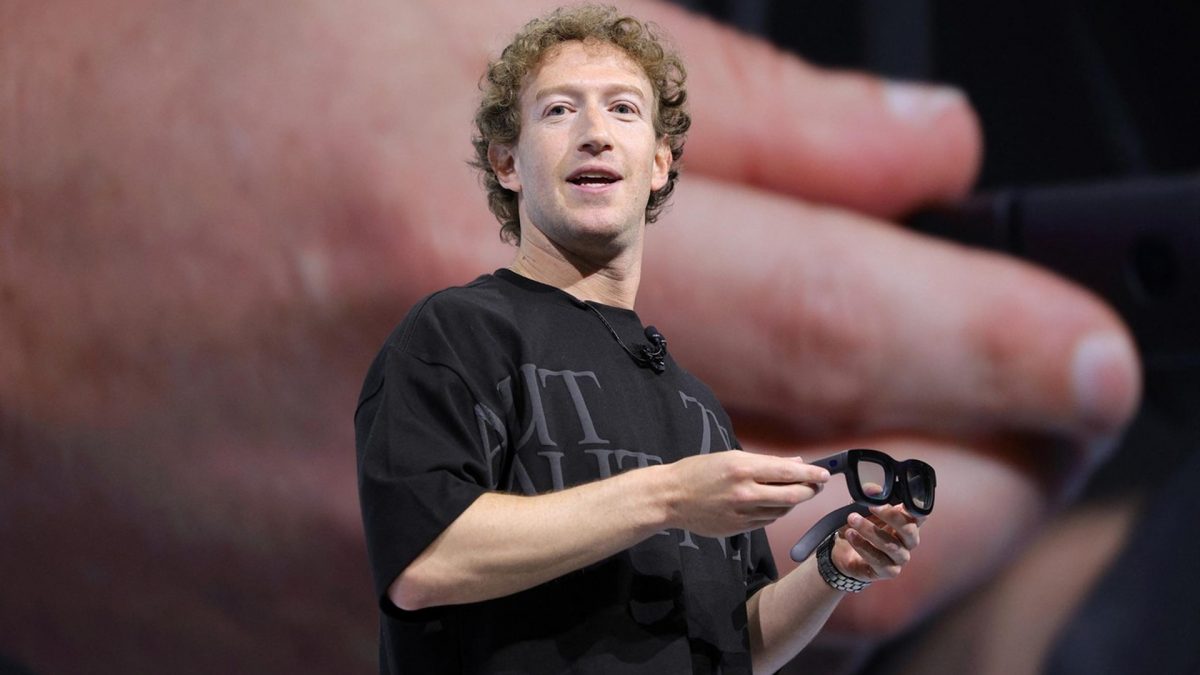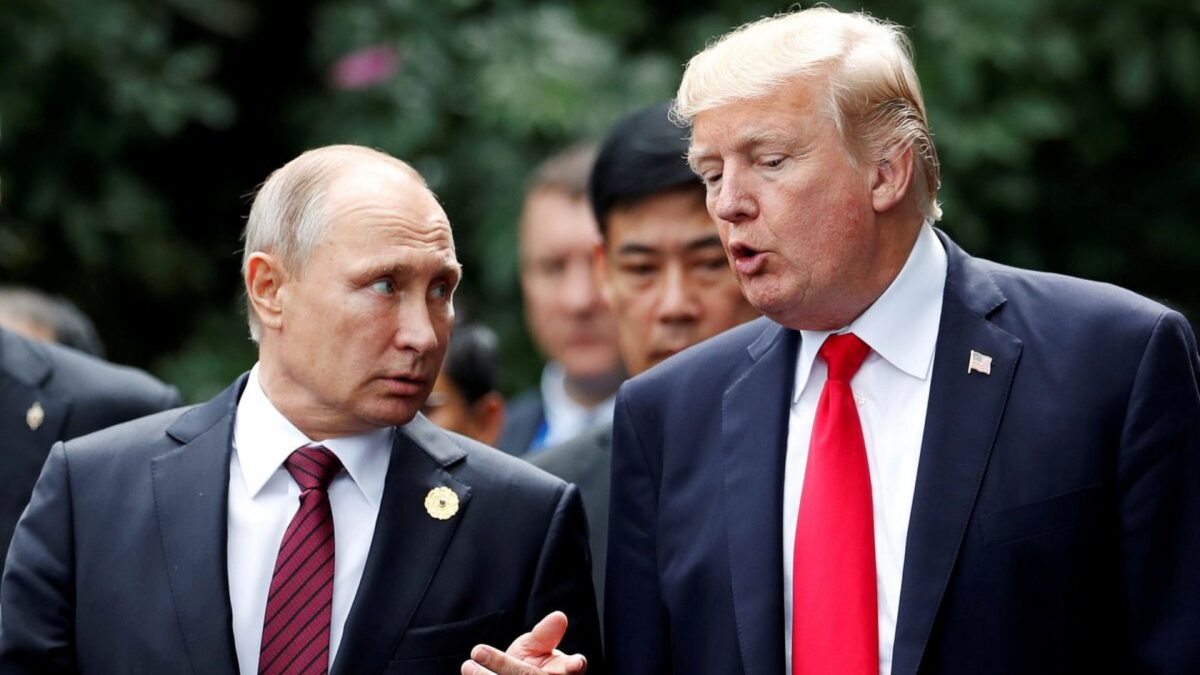Meta has announced a $1 million donation to President-elect Donald Trump’s inauguration fund, which supports the celebratory events marking the occasion. Alongside this hefty contribution, the tech giant added a personal gift—a pair of Meta’s Ray-Ban smart glasses—seemingly to strengthen ties with the incoming administration. This gesture is seen as part of Meta’s attempts to stay on Trump’s good side, despite their contentious history.
Trump, known for his public disdain towards Meta’s CEO, has previously accused the company of meddling in his electoral chances. These accusations, coupled with repeated threats of imprisonment, have made the relationship between the two parties anything but smooth. Meta’s recent moves, including a November dinner between the tech mogul and Trump, appear designed to mend fences as the latter prepares to assume office.
A history of clashing interests
Trump’s grievances with Meta largely stem from the 2020 presidential election, during which the company’s donations to election offices became a source of tension. Trump alleged in a coffee table book that Meta’s founder and his wife had conspired against him, without offering much detail. The book suggested that any future “illegal” actions by the CEO would warrant lifetime imprisonment. Trump has also made similar threats on his social media platform, Truth Social, highlighting his belief that Meta undermined his campaign.
Against this backdrop, Meta’s inauguration gift appears to be a strategic move to smooth over past conflicts. While such gestures are commonplace among corporations seeking to align with new administrations, the context of this donation makes it particularly noteworthy.
The tradition of inauguration contributions
Inauguration events, which follow the official swearing-in ceremony, often rely on private funding. Corporations, lobbyists, and political groups frequently contribute, with such donations seen as a way to curry favour with incoming leaders. Previous presidents have handled these contributions differently. For example, Barack Obama initially banned corporate donations in 2009 but later lifted this restriction for his second term, during which a significant portion of funding came from special interest groups.
Trump’s first inauguration in 2016 shattered records, raising $107 million, far surpassing Obama’s 2009 and 2013 totals. Contributions came from major players in the defence, finance, and technology sectors, with AT&T emerging as the top donor. These donations reflect the broader trend of corporate interests aligning with political power.
Controversy surrounding Trump’s inaugurations
Trump’s inaugural fundraising has not been without issues. In 2022, his organisation and inauguration committee settled allegations of fund misuse with a $750,000 payment to Washington, D.C. authorities. While Trump denied wrongdoing, the incident added to the scrutiny surrounding such donations.
Meta’s million-dollar contribution underscores the delicate balance companies often navigate in their relationships with political leaders. Whether it’s about mending past rifts or paving the way for future cooperation, these gestures highlight the intersection of corporate strategy and political influence.


)
)
)
)
)
)
)
)
)



